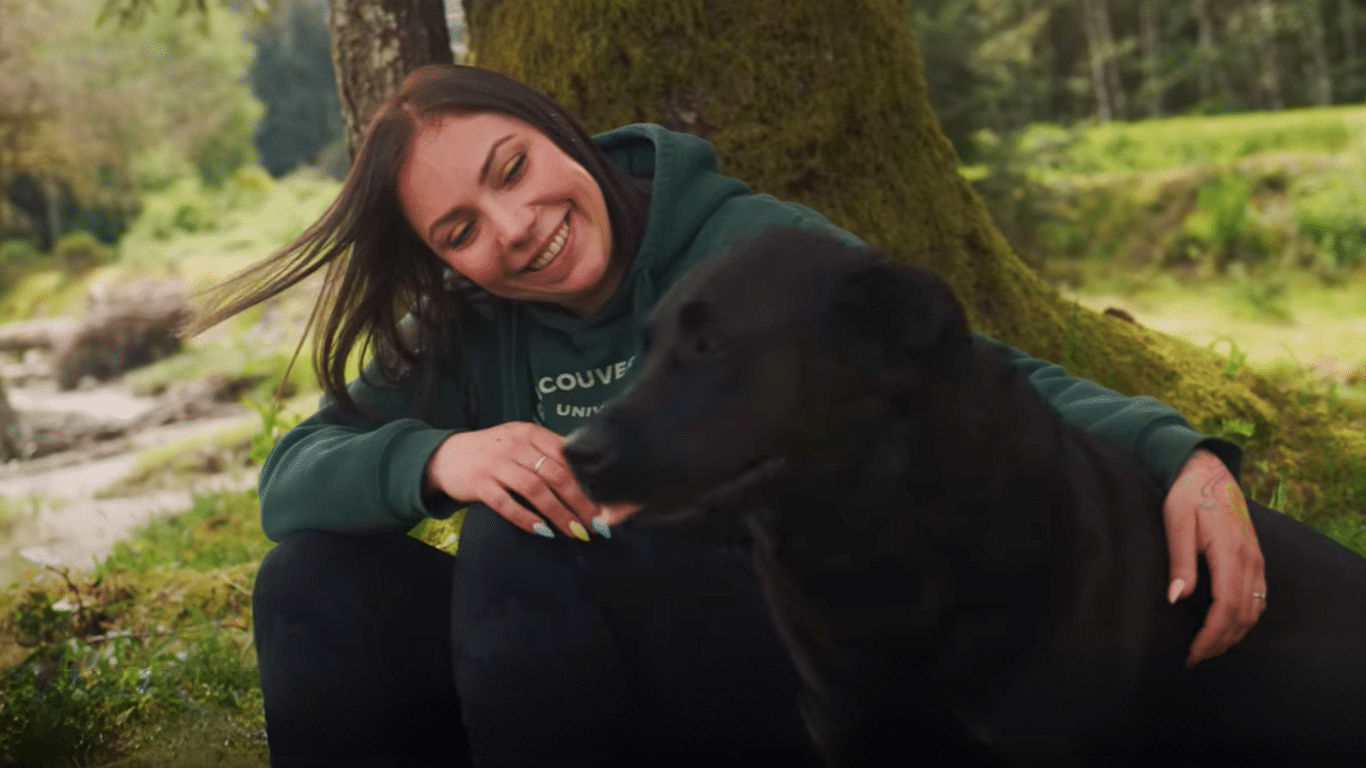The decision
Celine and her husband Dan Green live in a small town in the BC mountains. Like many, they could not have children biologically and found the intercountry adoption option too costly. However, they were sure about one thing: They wanted children. As independent business people well connected to their small community, said Celine,”We had a lot to offer a child, and we wanted more fulfillment in our own lives.”
Furthering their desire to adopt, was the fact that Celine’s father was adopted, and Dan had Metis heritage. These factors made local adoption a natural step.
The process
The Greens started their process five years ago, with a visit to the local Ministry office, where they filled out an application and met their social worker. They weren’t looking for a baby. Celine said she didn’t feel the maternal pull to parent a baby. As well, she and Dan felt the demands of a new baby would mean too much time away from their business. They wanted the child be a good fit, and indicated they were interested in a child up to six years old.
Four proposals
Despite their flexibility, they encountered obstacles along the way. They turned down the first child they were proposed because they felt that issues relating to prior abuse were too much for them to handle. In the case of a rejected proposal, the process goes on hold so that the adopters can go through a grieving process and re-assess their aims. Dan and Celine had to re-evaluate what special needs they could cope with. Living in a small community, Celine said,”we don’t have a full-time doctor or the resources necessary to support severe needs.” An added delay occurred when their social worker took maternity leave, which meant a new social worker had to get to know them.
After the initial proposal fell through, at least four other proposals came their way, said Celine, one of which was Casey. When they saw his proposal, they knew he was the one – even before seeing a photo. In hindsight, Celine sees the wait as a blessing, because it led them to Casey, whom they clearly adore.
Challenges
At the time of proposal, Casey was three years old and living with his foster family in the Lower Mainland. The Greens had to wait for the court to terminate parental rights. In the meantime, they exchanged photo albums with the foster family.
Ideally, the foster family plays a supportive role in the exchange of information and handing over the parenting role to the new family. In this case it was more of struggle. There was resistance on the foster mother’s part and mixed messages being given to Casey.
Celine said the foster mother was reluctant to let go of Casey. “The foster mother knew Casey would be adopted in January 1999, but one might say she was in denial. Casey was not told that he was a foster child and he thought his foster mother was his birth mother. The foster mother only informed him that this was not the case about a week before our arrival in the Lower Mainland.”
It appeared that the foster mother had no idea that Casey might be adopted one day. Similarly, Casey, thought his foster family was his forever family.
Visitation
Once parental rights were terminated, the Greens began visiting Casey at his foster home. Celine said the visitation process is an excellent concept, an ideal way for the new family and the new child (or children) to get used to each other. In this case, Casey had time to adjust to the idea that he would be leaving for a new home, a new family, and a new life.
During visitations, the Greens began to slowly interact in Casey’s daily life. They took over daily rituals from the foster mother. They made lunches, prepared Casey’s evening meal, got him ready for bed, read him bedtime stories, and were there to greet him in the morning when he woke up.
Later on, Casey stayed overnight with his new parents, in a hotel with a kitchen so they could prepare food and eat together as a family. Once he had stayed overnight, the family was ready to go back to their town.
Before Casey left his foster family, there was a farewell party. Celine said that there were a number of people at the party, and “Casey was very wound up when the time came to depart. Ideally, the foster mother hands him over to the new mom, but it was difficult, as he was not clear on what was happening,” she said.
Back home
Casey arrived home just shy of his fourth birthday. Celine said they were surprised at the reaction of the community. “I anticipated a bigger reaction to the arrival of a new baby, but friends were dropping off gifts and flowers and best wishes. We didn’t expect it.” Their adoption sparked a lot of interest in adoption, and they fielded, and continue to field, questions about older-child adoption.
Adjustments
Casey has been home six months and has slept through the night since he arrived. He’s also grown about four inches, said his proud mother. To boot, Casey jumped into daily life. He bonded right away with his dad. “He’s a real boy’s boy, and loves his grand-parents’ cattle ranch where he can sit on the tractor,” she said.
They started him off in daycare. Celine stayed with him for two weeks at the daycare before leaving him alone. “This worked well,” she said. “He never cried or got upset when I departed.” They also started taking him to birthday parties right away. He loves skating and play school. But they don’t just drop him off anywhere; they always stay until he’s comfortable.
Casey’s biggest challenge was speech. His speech was limited when he moved in, and he was hard to understand. However, with the help of a speech therapist available through a home support service, his speech improved in six months to the point of perfection, said Celine.
Celine said he had been given a bit more freedom in his foster home, and they have been working together on manners, saying no, and establishing structure and routine.
And while he doesn’t have ongoing contact with his foster or birth family, he knows that he has three moms.
The future
The Greens are applying to adopt again, but, said, Celine, “we are taking our time.”
Advice
- Follow your intuition.
- Know what type of child can fit into your lifestyle.
- Be realistic about what you can accept.
- Don’t be afraid to turn down a proposal, you’re only hurting yourself and the child. There will be someone for them and someone for you.
- Start the process right away. There is a reason it takes time. You want it to be right.
Last words
“We were quite fortunate. It was a gut feeling. I just felt that he was the right one, even before seeing a photo of him. Then we met him, and it seemed from that moment on, it was just right.”





